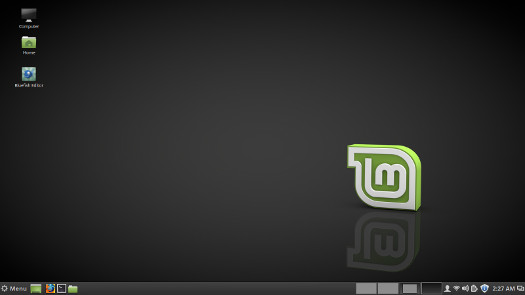Civil disobedience gets its due with the creation of a special award that was announced at last week’s Forbidden Research symposium at MIT.
News & Analysis
As one whose early early political education, after I was old enough to quit listening to my father and think for myself, came largely from the various civil disobedience factions in the 1960s, it’s heartening to see that disobedience now has an award. So far it’s one off, but if successful might be repeated and perhaps be awarded annually. The award will also offer the recipient more than mere accolades, as it’s attached to a $250,000 prize.




 The meeting came about because Reglue’s booth was right across the aisle from OpenShot’s booth. and their display caught my eye immediately. I’ve worked with many video editing tools over the years, and frankly, I’ve usually ended up paying someone to do the work for me because I found the level of complexity and the learning curve to be insurmountable. So being placed this closely to the OpenShot Studios booth rang out as a golden opportunity, which indeed it was.
The meeting came about because Reglue’s booth was right across the aisle from OpenShot’s booth. and their display caught my eye immediately. I’ve worked with many video editing tools over the years, and frankly, I’ve usually ended up paying someone to do the work for me because I found the level of complexity and the learning curve to be insurmountable. So being placed this closely to the OpenShot Studios booth rang out as a golden opportunity, which indeed it was.




